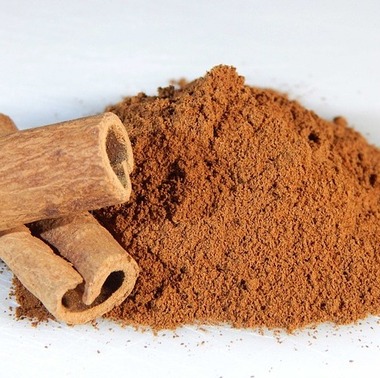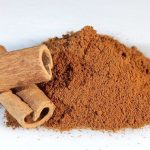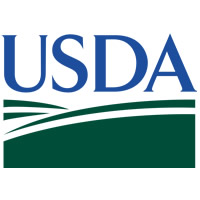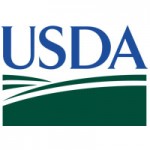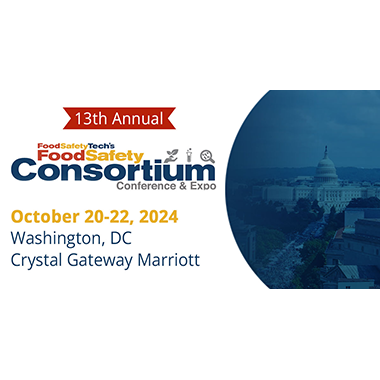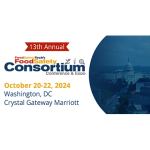EAGLE Certification Group’s Brad Rush and Vital Farm’s Robert Clark are the recipients of the 2024 SQF Excellence Awards, presented by the Safe Quality Food Institute (SQFI), a division of FMI – The Food Industry Association. The winners were announced this week at the 2024 SQF Unites conference in New Orleans. Rush was recognized with the Excellence in SQF Auditing Award while Clark received the Excellence in SQF Practitioner Leadership Award.
Excellence in Auditing
The Excellence in SQF Auditing award is presented to a credentialed SQF auditor who demonstrates exceptional performance and dedication to the SQF program through high-quality audits, professional development activities, leadership and mentorship skills, and promotion of food safety culture.

In honoring Rush, SQF stated that as lead auditor for EAGLE Certification Group, Rush stands out as a gold standard in auditing within the SQF program, embodying a rare blend of specialized knowledge, unwavering dedication, and genuine passion for fostering industry-wide advancement.
“Brad is passionate about cultivating the skills of emerging auditors and imparting knowledge about food safety and the auditing profession,” said Jessica Osborne, chief program officer at EAGLE Certification Group. “His exceptional expertise naturally positions him as a mentor to newcomers in the field.”
Excellence in Practitioner Leadership
The award for Excellence in SQF Practitioner Leadership is given to an SQF practitioner within an SQF-certified site who demonstrates extraordinary leadership and promotion of food safety at their workplace.

Clark is a quality assurance manager who leads a 21-person food safety and quality assurance team at Egg Central Station, Vital Farm’s egg washing and packing facility. He spearheads his team and delivers a variety of food safety, quality assurance, and continuous improvement projects and training throughout the year to ensure robustness in the SQF program.
“Robert is truly a trailblazer for food safety culture, and it is evident to everybody who has the joy of working with and for him,” said Liang Bennett, senior manager, co-manufacturing quality at Vital Farms. “His ability to engage his audience and get them to understand the reasoning behind why we have to follow food safety protocols and rules is fascinating to watch.”



